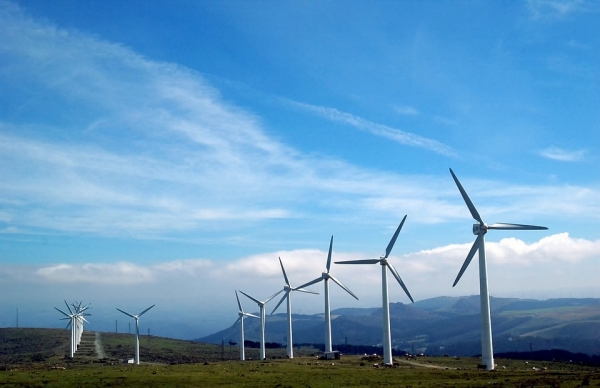Transitioning to a decarbonised energy system by around 2050 is expected to save the world at least $12 trillion compared to continuing our current levels of fossil fuel use.
Transitioning to a decarbonised energy system by around 2050 is expected to save the world at least $12 trillion compared to continuing our current levels of fossil fuel use.
For decades, scientists have called for a transition to clean energy to prevent the worst impacts of climate change but fears that such a transition would be costly and harm the economy have held back progress. However, a study from the Oxford Martin Programme on the Post-Carbon Transition published in Joule today shows the reverse: an ambitious, decisive transition to green energy technologies such as solar, wind, and batteries, will likely save the world significant sums of money.
The research shows a win-win-win scenario, in which a transition to nearly 100% clean energy by 2050 results in lower energy system costs than a fossil fuel system, while providing more energy to the global economy, and expanding energy access to more people around the world. This result is based purely on the economics of different energy technologies, even without accounting for the costs of climate damages and climate adaptation that would be avoided by such an energy transition.
Read more at University of Oxford
Photo Credit: makunin via Pixabay




